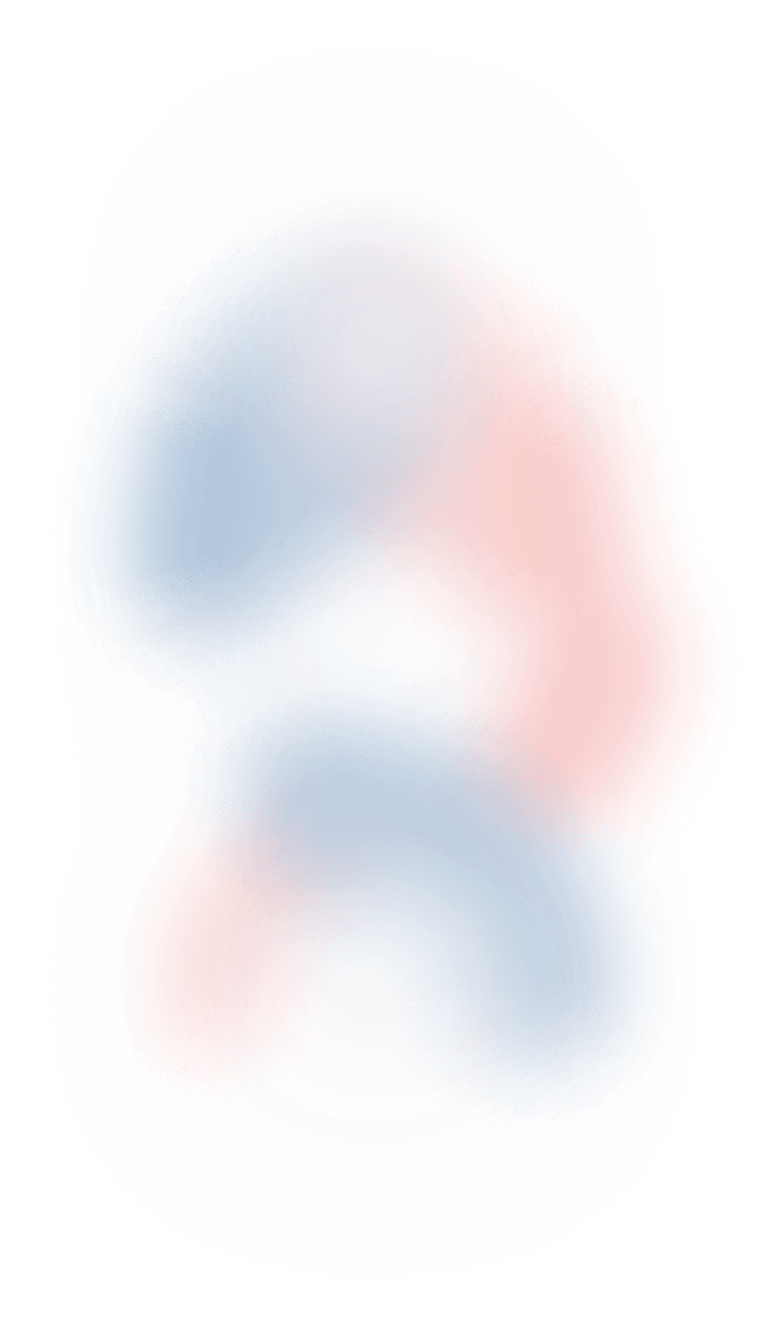West Virginia cannabis law
| Medical patients | 30 day supply |
| Recreational users | Illegal |
| Medical patients | 10% excise tax paid by dispensaries |
| Recreational users | Illegal |



Do I qualify?


Concise guide to West Virginia's medical marijuana laws
- Amyotrophic lateral sclerosis
- Cancer
- Crohn’s disease
- HIV/AIDS
- Epilepsy
- Huntington’s disease
- Intractable seizures
- Multiple sclerosis
- Neuropathies (chronic nerve pain)
- Parkinson’s disease
- Post-traumatic stress disorder
- Severe chronic or intractable pain
- Spinal cord damage
- Sickle cell anemia.
- Terminally illness
Patients are permitted to to possess cannabis in the following formulations: infused pills, oils, topicals, liquids, or dermal patches. Cannabis may also be dispensed in “dry leaf” or “plant form” and/or “in a form medically appropriate for administration by vaporization or nebulization.”
No
Yes
Yes. A patient may not designate more than two caregivers. A caregiver may not serve more than five patients at any one time
33,480
Source: West Virginia Office of Medical Cannabis, as of May 2024
Yes
Yes, but only for terminally ill cancer patients
Apply for your medical cannabis card in West Virginia

Detailed overview of West Virginia medical marijuana regulations
Possession limits for medical cannabis patients in West Virginia
According to Section 16A-8-1 of the West Virginia Medical Cannabis Act, the purchase and possession limit is no more than a 30-day supply of marijuana with a medical marijuana card. This is equivalent to 4 ounces of dried, usable medical cannabis or the equivalent amount for other forms.
Medical marijuana patients cannot consume cannabis edibles and can only buy certain types of cannabis, including
- tinctures,
- dermal patches,
- oils,
- pills, and
- topicals (gels, creams, or lotions),
- liquids,
- forms medically appropriate for administration by vaporization or nebulization, dry leaf or plant form.
It is illegal to share or sell medical cannabis to anyone who is not a registered cannabis patient in West Virginia.
Patients and their caregivers are recommended to stay up to date with the possession limits and permitted forms of medical marijuana. That way, they can ensure legal compliance.
Cultivation and responsible use of medical cannabis in West Virginia
In West Virginia, patients are not permitted to grow their own cannabis. Instead, they must obtain medical marijuana exclusively through state-approved dispensaries. Growing cannabis without proper authorization is illegal and subject to criminal charges.
Cannabis growers and processors in West Virginia must register with the Office of Medical Cannabis. They pay a $5,000 initial application fee, $50,000 permit fee, and $5,000 renewal fees per location. A growing facility and dispensary cannot be on the same site.
Primary caregiver responsibilities and considerations in West Virginia
Those who can purchase and possess medical cannabis are the patients with a medical marijuana card or the official caregiver of the patient. Patients can have up to two caregivers to purchase their medicine. Minors also need a caregiver to receive a medical marijuana card. An individual cannot be a caregiver for more than five patients.
In West Virginia, the legal age for medical marijuana caregivers is 21 years of age and older, unless otherwise approved by the state’s Bureau of Public Health. They can be:
- An individual designated by a patient or legal guardian.
- If the patient is 18, the patient’s parent or legal guardian.
- If no parent or legal guardian is available, a person approved by the West Virginia Bureau of Public Health.
The caregiver needs to submit an application including personal information, criminal history, and a fee of $50.
The main responsibilities of a caregiver are to buy, transport, possess, and administer medical cannabis on behalf of the medical marijuana cardholder. They also focus on ensuring that the patient is using medical marijuana safely and effectively.
As a caregiver, you should keep all necessary documents up to date and easily accessible. You should also comply with all the relevant laws and regulations in West Virginia, and keep yourself up to date to prevent losing your medical marijuana card.
Respect the privacy and confidentiality of your patient’s medical information. It’s not legal to consume the cannabis meant for your patient or sell it to others. This can lead to a misdemeanor or felony.
As a caregiver, you can take care of your loved ones or patients assigned to you. But, it is also a heavy responsibility. Focus on adhering to the law and caring for them with compassion to make them more comfortable as they go through their illness.
Medical cannabis for veterans in West Virginia
Veterans who suffer from different health conditions might benefit from medical marijuana as part of their treatment. Fortunately, West Virginia allows veterans to receive medical cannabis as an alternative treatment option, as long as they qualify.
- Veterans can apply for a medical marijuana card like every other person in West Virginia. The same laws on qualifying conditions, purchase limits, possession, and responsible use apply to all veterans.
- Having an MMJ card causes you to lose your gun rights. Gun ownership is illegal for medical cannabis patients in West Virginia.
- It’s best to allow physicians with the Department of Veterans Affairs to recommend medical cannabis to veterans. The bill to allow this has not yet been passed into law so veterans must use other physicians.
- The Department of Veterans Affairs still considers marijuana a Schedule One controlled substance, making it illegal under federal law. So, all VA healthcare providers cannot recommend or assist veterans in getting it. Still, a veteran will not be denied VA benefits due to marijuana use.
- Veterans facing economic challenges can use a financial hardship waiver. This is for those who cannot afford the cost of a medical marijuana card and whose income is 200% below the federal poverty level.
At Dr. Weedy, we are committed to supporting veterans to receive medical marijuana treatment. Due to this, we provide special discounts to veterans, reducing the cost of medical cannabis certifications. Click here for more information on the veteran’s discount.
Access to marijuana treatment for people with disabilities in West Virginia
In West Virginia, medical marijuana patients who are disabled can designate a caregiver to assist in the purchase, transportation, possession and administration of marijuana. Dr. Weedy focuses on providing equal access to medical cannabis treatment, making it easy for people with disabilities to receive medical marijuana cards.
Our online platform simplifies the certification process, making it 100% remote. With Dr. Weedy, you can complete the application and consultation from the comfort of your home, ensuring you receive the care you need without any barriers.
Medical marijuana reciprocity and access for non-residents in West Virginia
A reciprocity program involves a state allowing individuals from other states to purchase medical marijuana with their MMJ card. However, West Virginia does not offer medical marijuana reciprocity. Due to this, non-residents cannot access or use medical cannabis, even if they have a medical marijuana license.
The only exception is for terminally ill cancer patients. These patients from other states with a significant need for medical marijuana use can get legal access to medical marijuana in West Virginia. But they need a valid identification card, a medical cannabis card, and proof of authorization to purchase from other states.
Diagnosis and medical marijuana treatment for PTSD and chronic pain in West Virginia
Most patients are unsure about whether they can receive a medical marijuana card and the corresponding treatment for PTSD or chronic pain. West Virginia has 15 qualifying medical conditions for a medical cannabis card, including PTSD and chronic pain.
- PTSD: Post Traumatic Stress Disorder is on the list of serious medical conditions under the West Virginia Medical Cannabis Act. This is a disorder that stems from being unable to recover after experiencing or witnessing a traumatic event. Patients with symptoms like anxiety, nightmares, and hyperarousal can consider medical marijuana as a treatment option. It’s best to consult a licensed physician to determine if this is the right choice.
- Chronic Pain: Severe chronic or intractable pain is one of the qualifying medical conditions for a medical cannabis card. If conventional treatments don’t alleviate the pain, you can consider an alternative treatment with medical cannabis. Discuss this with your physician to ensure you qualify for this form of treatment.
























